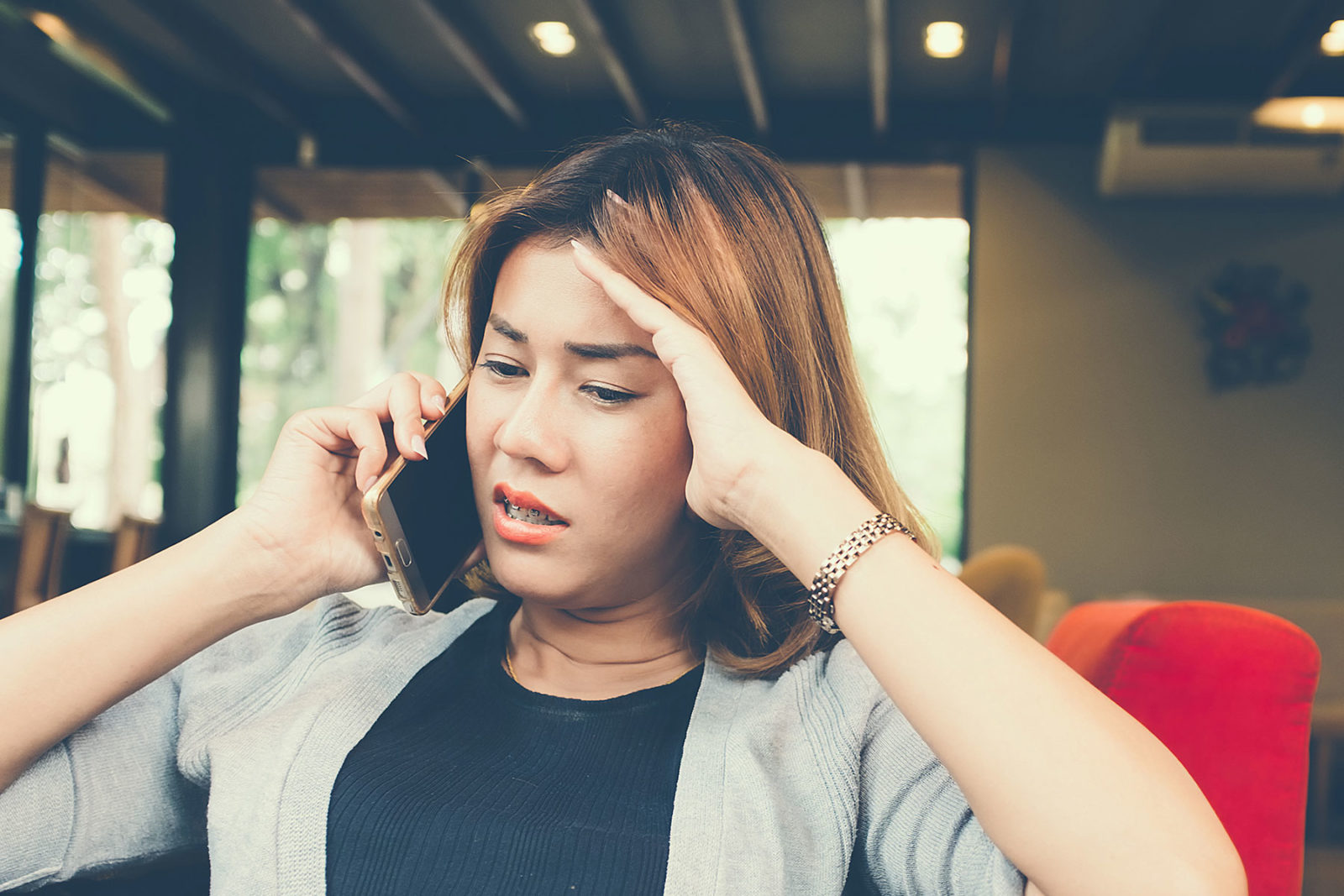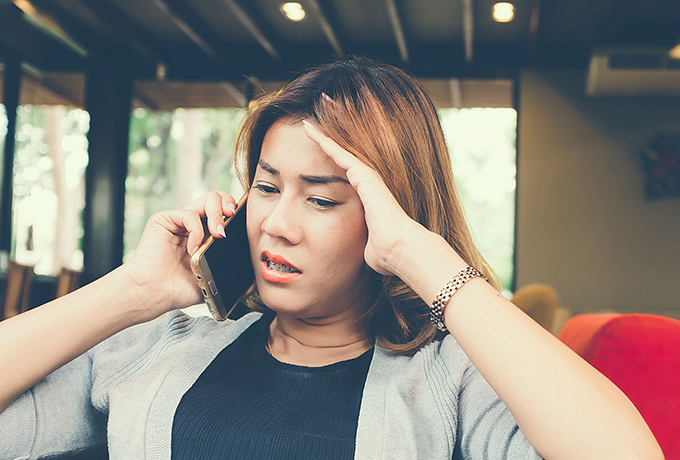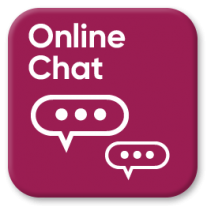Understanding the support available to you after a suicide
Losing a loved one to suicide can be a particularly distressing and painful experience. Bereavement after someone dies by suicide is different in many ways from other types of bereavement. For further information about the grieving process, dealing with your emotions and looking after yourself after bereavement, visit our Have you been bereaved by suicide page. Talking grief and loss with family and friends will give you practical and emotional help, but sometimes it may be necessary to get some extra support from a health professional.
How to know when you need help after a suicide
The time frame for people wishing or needing to seek support after a suicide varies. This often depends on the nature of family and personal networks that people have available. Some may find it helpful to talk with a counsellor or other professionals early, whilst others may wait until later in the grieving process.
If you don’t feel that you have a good support network or anyone to talk to, or if the grief is significantly affecting your daily life, relationships, or health, you should consider accessing additional support.
Listed below is a range of support services available for those bereaved by suicide. You may need to be persistent in finding the support that is most suitable to your individual needs and preferences.
Telephone counselling for talking about grief and suicide bereavement
Telephone counselling services may be helpful resources to people who have been bereaved by suicide. It can be reassuring to know that there is always a counsellor at the end of the phone to connect with when feelings become overwhelming or you are in need of support. The anonymity and confidentiality of telephone counselling may also appeal to people bereaved by suicide.
SuicideLine Victoria is a 24-hour, Victoria-wide professional telephone counselling service where qualified counsellors are always available to listen and support you.
Face-to-face counselling for talking through grief and suicide bereavement
Face-to-face counselling can also be a helpful source of support for people bereaved by suicide.
This might be both during the period immediately after the death, and later, when the supports around the family just after the death could be less available. Counselling can help people move through the grieving process and deal with the pain and other emotions associated with grief.
If you think you may benefit from face-to-face counselling, you may wish to contact one of the following services:
- Your GP, who can refer you on or suggest appropriate services in your area
- The Bereavement Counselling and Support Service offered through the Australian Centre for Grief and Bereavement (03) 9265 2100
- Some workplaces offer counselling through Employee Assistance Programs – you may wish to enquire whether any services exist within your organisation
Suicide bereavement support groups
There are currently a number of support groups offered across Victoria that specifically address the needs of people bereaved by suicide.
Support groups allow people to communicate with and gain mutual support from others with similar experiences. People bereaved by suicide may find the understanding and non-judgemental support of people in similar situations particularly comforting, and feel they are able to speak honestly about their emotions and experiences in a safe environment. Some of these support groups are ‘open,’ with people attending whenever they feel the need. Other groups are closed, and may run for a specific period; this allows participants to feel safe with members that they get to know over the life of the group.
Several groups and training programs are also run throughout Victoria through Jesuit Social Service’s Support After Suicide program.
Further resources for suicide bereavement
The following resources can offer support and information for people bereaved by suicide.
You may find some of the websites below helpful:
Griefline
Griefline is a confidential and free telephone counselling service for anyone experiencing grief.
Switchboard Victoria
Switchboard Victoria’s LGBTIQA+ Support After Suicide bereavement groups are a free program for LGBTIQA+ people who have been bereaved through suicide.
StandBy – Support After Suicide
StandBy Support is Australia’s leading suicide postvention program dedicated to assisting people and communities bereaved or impacted by suicide.
Support after Suicide
In addition to its counselling and support services, the Victorian-based Support after Suicide has a range of downloadable fact sheets related to grief and suicide bereavement. This website also has links to other people’s stories of loss.
Don’t let it build up. If you’re concerned about your emotional or mental health, call SuicideLine Victoria on 1300 651 251. Our professional counsellors are available 24/7. If it is an emergency, call 000.






